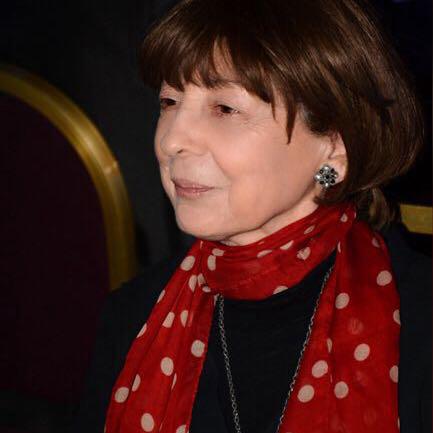Where and how did Saadeh learn the German language and master it to such a degree that it became his second language after Arabic? I recall that most of his personal library was in German. It is well known that German civilization reached its peak in the nineteenth century in all fields — literature, art, music, poetry, philosophy, sociology, psychology, economics, atomic science, and technology. After the Second World War, both the United States and the Soviet Union benefited from this advanced knowledge, bringing German scientists to their countries and advancing their sciences, including atomic science and the nuclear bomb.
Saadeh’s mastery of the German language was the result of a strange coincidence. Until 1920, he knew Arabic, English, and some French. But his father, Dr Khalil Saadeh, moved to Brazil at the end of the First World War and invited his children to join him there. Antun, who was sixteen years old at the time, began assisting his father in publishing a weekly magazine concerned with the affairs of the Arab East.
On Sundays, Saadeh would spend the entire day reading. He would take a book and head into the forest near São Paulo. One day, by coincidence, he came across a solitary house in the forest and, feeling thirsty, knocked on the door. No one answered, but the door was open, so he entered, drank some water, and began wandering through the house until he came upon a hall filled with books. As he was browsing through them, the owners of the house — a German general and his Russian wife — entered and were surprised to find a stranger inside.
Saadeh introduced himself, and they took a liking to him. The general took it upon himself to teach Saadeh the German language and lent him books from his library, while the general’s wife taught him Russian.
Their friendship lasted for a decade, until Saadeh left Brazil permanently in 1930. By that time, the idea had ripened in his mind to establish a party that would liberate his country from the grip of occupation and partition.

